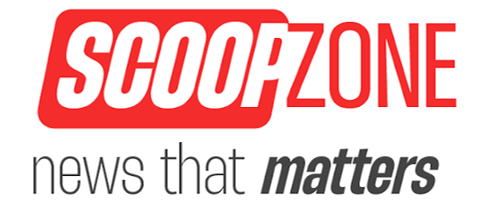New data released by the British Retail Consortium (RBC) has found that UK retailers are seeing the biggest squeeze since the height of the COVID-19 pandemic.
Due to rising inflation, shoppers in the UK cut back on their spending for the third month in a row in June. This has meant sales volumes falling by the largest amount since the pandemic.
Surging living costs have continued to affect the economy, and the BRC says that the value of sales of its members was 1% lower in June than a year ago, compared with a 1.1% fall in May.
However, these figures are not adjusted for inflation and most of the BRC’s members are large chains and major supermarkets – although it still shows a significant fall in spending.
Many shoppers have switched to cheaper brands of food and other goods. Additionally, some consumers are postponing making large purchases because of economic uncertainty.
BRC chief executive Helen Dickinson said: “Sales volumes are falling to a rate not seen since the depths of the pandemic, as inflation continues to bite and households cut back spending.”
What is the government doing about the cost of living?
The BRC’s data shows that inflation rose to its highest level since 2008 in June and the consumer prices index hit 9.1% in May, a 40-year high.
The rising cost of living has prompted government promises, including tax cuts, and the Bank of England has promised to act “forcefully” on inflation if needed
The government is also providing a support package that includes:
- £15 billion energy bill rebate package, worth up to £550 each for around 28 million households
- £650 Cost of Living payment for 8 million low-income households
- £150 Council Tax Rebate for some households
- £300 Pensioner Cost of Living Payment for 8 million pensioners
- £150 Disability Cost of Living Payment for 6 million people receiving disability benefits
- An increase in the National Insurance threshold
- Cutting fuel and alcohol duty
- Increasing the national living wage











Add Comment